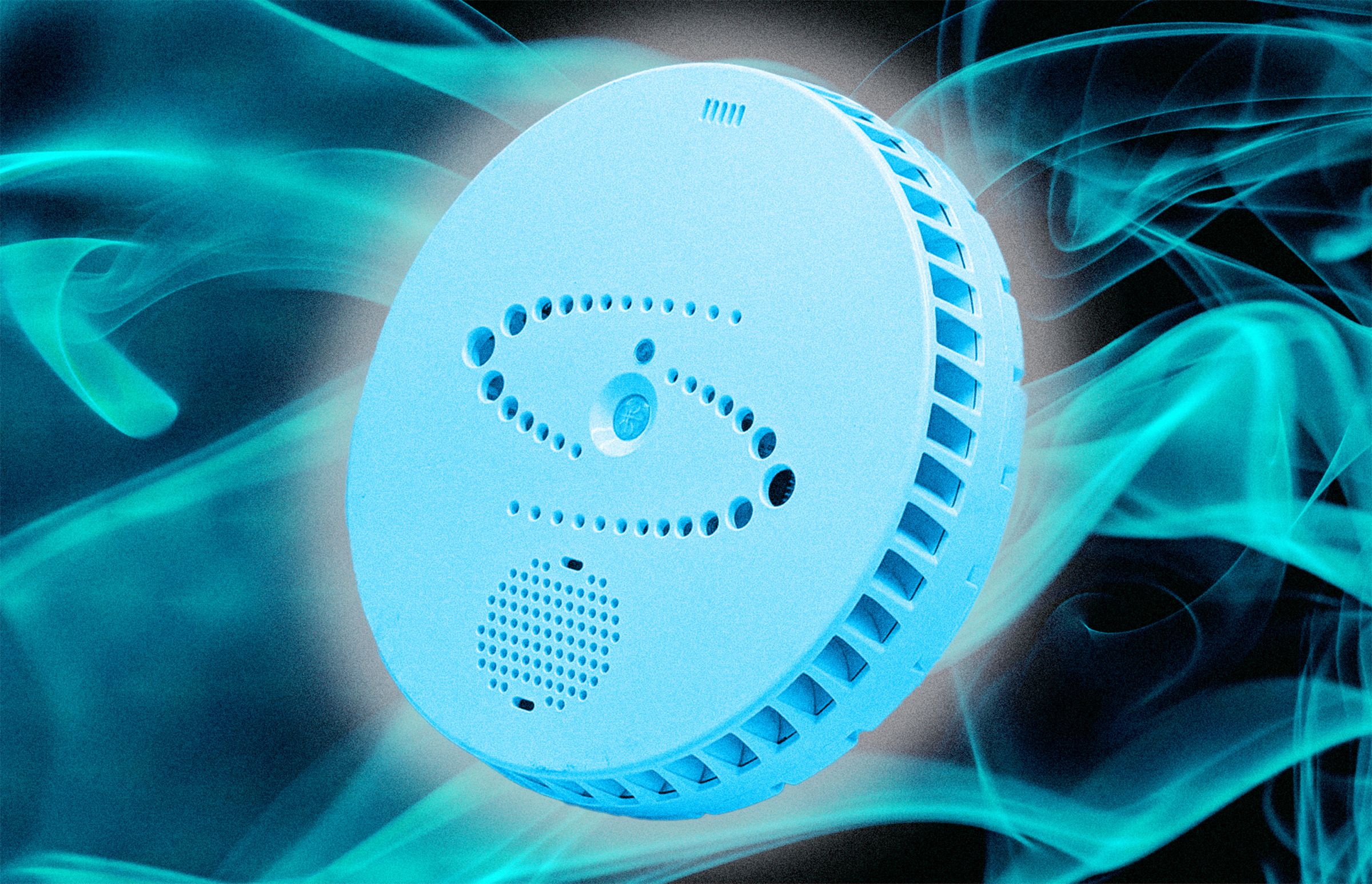Hackers Hijacked Google’s Gemini AI With a Poisoned Calendar Invite to Take Over a Smart Home
Hackers Hijacked Google’s Gemini AI With a Poisoned Calendar Invite to Take Over a Smart Home
Recent reports have uncovered a disturbing incident where hackers were able to…

Hackers Hijacked Google’s Gemini AI With a Poisoned Calendar Invite to Take Over a Smart Home
Recent reports have uncovered a disturbing incident where hackers were able to hijack Google’s Gemini AI through a poisoned calendar invite, allowing them to take control of a smart home.
The hackers exploited a vulnerability in Google’s calendar system, allowing them to inject malicious code into a seemingly harmless calendar invite. When the invite was accepted by the user, the code executed and gave the hackers access to Gemini AI, the central hub for controlling the smart devices in the home.
Once inside Gemini AI, the hackers were able to manipulate the smart devices in the home, such as turning off security cameras, unlocking doors, and even adjusting the thermostat to dangerous levels.
Google has since patched the vulnerability and issued a statement urging users to be cautious when accepting calendar invites from unknown sources.
This incident serves as a stark reminder of the importance of cybersecurity in an increasingly connected world. As more and more devices become interconnected, the potential for hackers to exploit vulnerabilities and gain access to sensitive information or control over our homes grows.
Users are advised to regularly update their software, use strong passwords, and be wary of suspicious emails or messages that could be used to trick them into compromising their security.
Experts are calling for greater vigilance and awareness when it comes to protecting our digital lives, as incidents like this highlight the very real risks we face in an age of smart technology.
As technology continues to advance, it is crucial that we stay informed and proactive in our efforts to protect ourselves from cyber threats and maintain the security and privacy of our smart homes.







